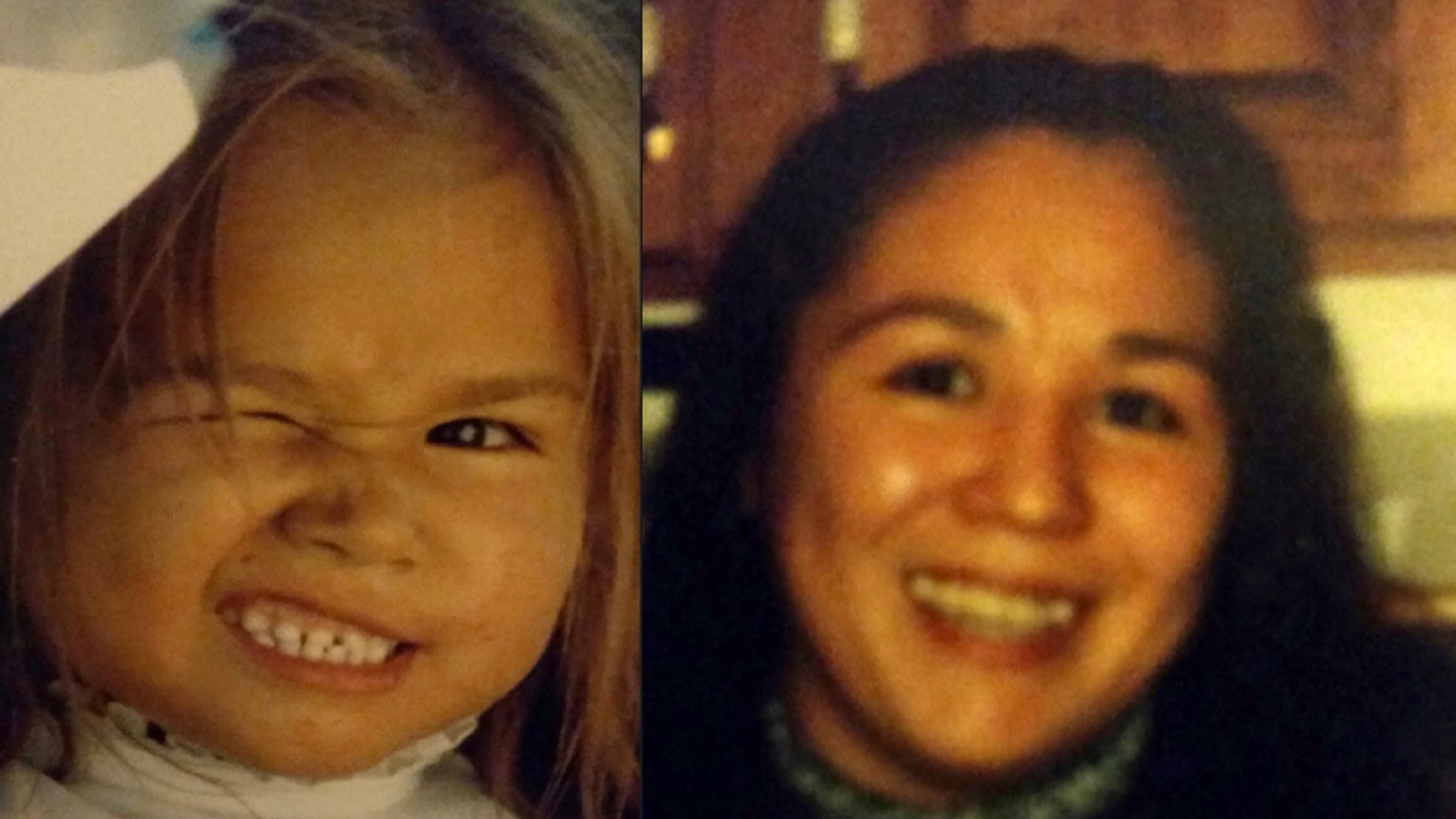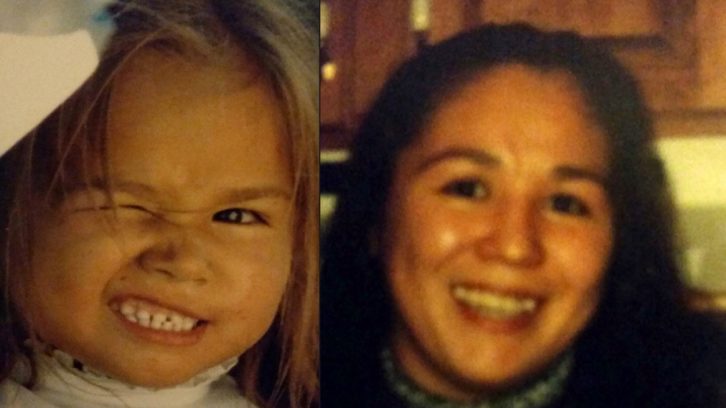MMIW
Michelle Marie Ginnish
'She was always smiling, no matter what was going on in her life at the time'

caption

caption
Michelle Marie Ginnish as a young girl and young woman.Michelle Marie Ginnish from Membertou was devoted to her family. Her aunts, Sheila and Debra Ginnish, remember her fondly as a passionate, smart and beautiful woman.
“She had a huge smile,” said Debra, two days before what would have been Michelle’s 36th birthday. “Anybody that described her, it was ‘she was always smiling, no matter what was going on in her life at the time.’”
Michelle was a senior in the Mi’kmaq Cultural Heritage Program at the Unama’ki College of Cape Breton University. She was inspired by the history of the Mi’kmaq, and loved to listen to stories about the path of their ancestors.
“She was very passionate about it. The more and more she learned, it kind of opened her up to new opportunities, and she wanted to do more with it,” Debra said. “That was something she really looked forward to doing, which of course she never got the chance to.”
Michelle was killed in the early hours of Sept. 19, 2004 at a house party. She was stabbed in the shoulder by a neighbour, Krystal Lee Paul. The knife hit a main artery, and Michelle died. She was 23.
“That same day, a bird flew in the store (where Michelle worked) — a baby bird,” said Sheila. “Within our culture, when a bird flies in the home anywhere … they say it’s a sign of death.”
Michelle’s death came after a fight at the party about Paul’s children. Michelle had been in the foster care system as a child, and that experience contributed to her love for children and her passion for their care.
“That was something she really cared deeply about,” Debra said.
Michelle was active in her Membertou community. She played volleyball and hockey, participated in cultural events, worked at a convenience store and volunteered with children and elders through Mi’kmaq Family and Child Services.
“She had that kind of patience,” Sheila Ginnish said. “She was so calm … her personality was beautiful.”
Sheila thinks of Michelle’s death as a message to the community.
“At that time was when it was starting to come out, the coke in this small community, it was just getting out of whack,” Sheila said. “She was totally against it, trying to get that good life. I think that’s where we were so connected.”
Sheila only found the strength to write about Michelle this year, on the 12th anniversary of her death. She wrote a letter addressed to Michelle that was circulated in the Sept. 23 Membertou newsletter.
“I did it out of my heart. It’s part of healing.”
Sheila wanted the letter to help Michelle’s brothers, who are still struggling with her death. “I said, ‘I had a hard time with this, but I want you to read it,’ because I know it was a tragedy, what we’ve been through, but she was so lovable.”
Debra thinks that if Michelle were alive today, she would probably be a teacher, focusing on Mi’kmaq cultural studies.
“I think that what she loved doing was working with kids. She wanted to … teach what she had learned.”
This profile was produced as part of a partnership between The Signal and Kukukwes.com ahead of the national inquiry into missing and murdered Indigenous women and girls.

